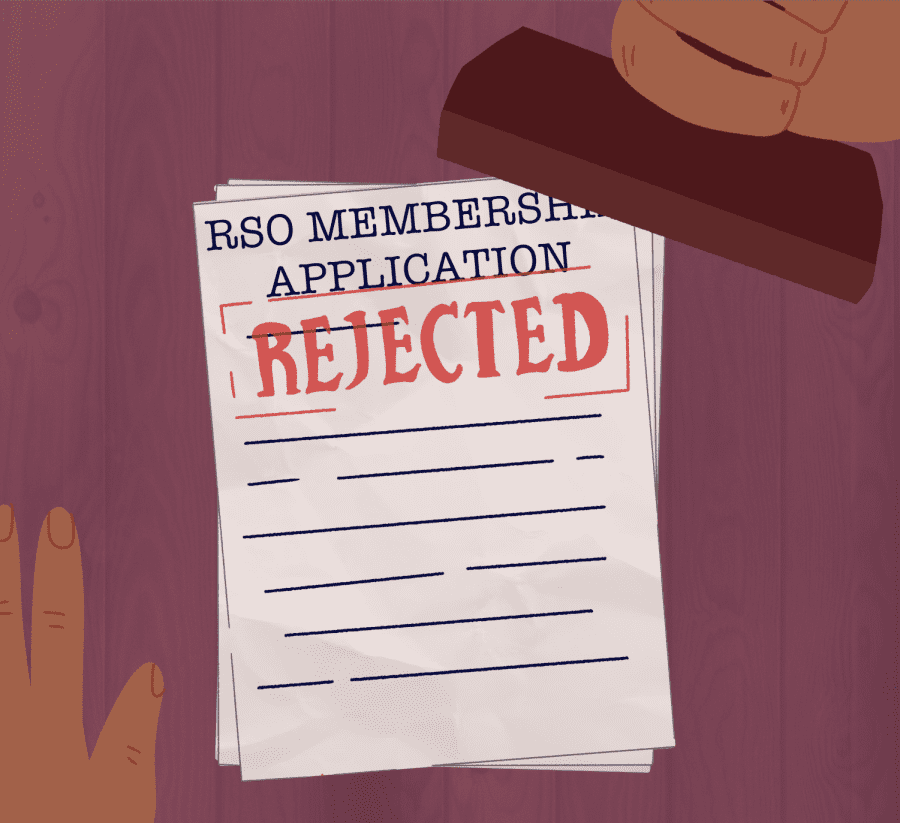RSOs range widely from selective to inclusive
Aug 12, 2022
You spent countless hours preparing your college application. Entering demographic information, tailoring your resume to each potential school, toiling away at your desk to create the perfect essay — you know the Common App like the back of your hand.
The acceptance comes — a flashy email or a large envelope arrives. Hours of dedication have paid off, and you can’t wait to get to campus and start the college experience. Visions of attending classes, going to parties, and — most importantly — joining clubs fill your imagination. You start envisioning a future where you’re the president, or at least a dutiful member, of myriad clubs pertaining to your major, boosting your resume while wringing the most out of your college experience.
But, once you get to campus and attend Quad Day, you notice a trend. Joining some of these clubs, particularly those related to a pre-professional major, isn’t as easy as putting your name and email on a sign-up sheet. To join, you must go through a rigorous application process. The terms ‘CV’ and ‘supplemental essay’ give you flashbacks. It seems like you already did this.
As with most things, there are pros and cons to selective RSOs. Public sentiment is more often against RSOs with a level of selectivity, so arguments in favor are brief and far between. However, some RSOs with a dedicated mission and a focused goal — such as those centered around a central event or those with a pre-professional focus — use selectivity to get toward their goal.
RSOs requiring a formal application, and potentially an interview process, tend to attract students who are more dedicated to the RSO’s purpose. The most dedicated students self-select, thus ensuring a student group full of like-minded individuals working toward a common goal.
Get The Daily Illini in your inbox!
Other times, RSOs can only accommodate so many students, attracting more interested students than they could conceivably allocate resources to.
Selective RSOs that require members to go through an application process include Hack4Impact, an organization that connects student software developers with nonprofits, and Kappa Alpha Pi, a co-ed pre-law fraternity. In the case of Hack4Impct, student project leaders can only work with so many developers at a time, and accepting every student who applies would simply be too overwhelming.
Selective RSOs typically only accept new students once per semester, so it’s important that interested students plan ahead for which organizations they are interested in applying to. Even more important, however, is to remember there are hundreds of RSOs that pride themselves on inclusivity. A rejection from an RSO may sting, but there are still plenty of ways to enrich your college experience through inclusive student groups — professional and social alike.
Nearly every major has an associated organization, with plenty having more than one, giving students opportunities to network within their field without having to go through a secondary application process. RSOs pertaining to hobbies, general interests and advocacy — such as Illini Disc Golf, Stitching Illini or vermiCUlture — are open to all interested students.
Whether you’re seeking a small organization of like-minded dedicated students or a large organization that accepts any and all interested students, there is a group for you at Illinois.






